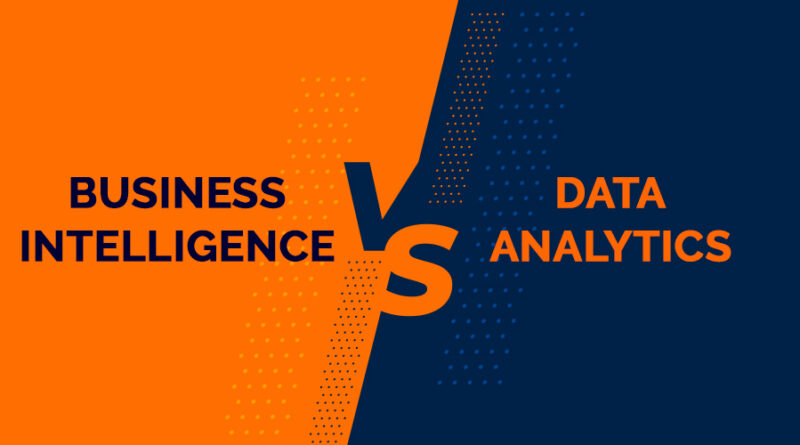Business Analytics vs. Data Analytics: Unleashing Insights for Strategic Decisions
Today when businesses are continuously generating and collecting vast amounts of information to harness the power of this data and gain valuable insights, two crucial fields have emerged – Business Analytics and Data Analytics. Let’s understand these two fields and what differentiates them.
What is Business Analytics?
Business analytics refers to the practice of using data and statistical methods to derive meaningful insights to make informed decisions. It involves analyzing large volumes of data to identify patterns, trends, and correlations that can guide strategic planning, optimize operations, and drive business growth.
Business analytics combines statistical analysis, data mining, predictive modelling, and other techniques to extract actionable insights from data. You can learn about it more by taking up a certificate course in business analytics.
What is Data Analytics?
Data analytics is a broader term that encompasses various processes and techniques used to examine and interpret raw data to uncover useful information. It involves collecting, cleaning, transforming, and analysing data to discover patterns, draw conclusions, and support decision-making.
Data analytics focuses on the technical aspects of working with data, including data cleansing, data visualization, and statistical analysis.
Let’s learn more about the key differentiators of Business Analytics and Data Analytics.
Improved Decision-Making:
Business analytics focuses on translating data into meaningful insights that drive strategic decision-making. It involves analysing historical data, identifying trends, and extracting actionable insights to optimize business processes. By examining market dynamics, customer behaviour, and operational metrics, organizations can make informed decisions to improve efficiency and drive growth.
On the other hand, data analytics primarily deals with gathering, cleaning, and structuring data to identify patterns and correlations. It provides a foundation for business analytics by equipping decision-makers with accurate and relevant information.

Enhanced Efficiency and Productivity:
Business analytics empowers organizations to streamline their operations and enhance productivity. Through the analysis of key performance indicators (KPIs) and operational metrics, businesses can pinpoint bottlenecks, enhance processes, and efficiently allocate resources. It helps in identifying areas for improvement and implementing data-driven strategies to boost efficiency.
Data Analytics, on the other hand, focuses on extracting insights from raw data to uncover trends, patterns, and anomalies. It enables businesses to gain a comprehensive understanding of their operations, customer behaviour, and market dynamics, leading to informed decisions for improving efficiency.
Competitive Advantage:
Business Analytics enables organizations to make data-driven strategic decisions, helping them stay ahead of the competition. By leveraging advanced analytics techniques such as predictive modelling and forecasting, businesses can identify emerging market trends, predict customer behaviour, and capitalize on new opportunities.
Data Analytics acts as the foundation for Business Analytics, providing the necessary insights to drive competitive strategies. It helps organizations uncover patterns, perform customer segmentation, and develop targeted marketing campaigns, ultimately gaining a competitive edge.
Personalized Customer Experiences:
Delivering personalized customer experiences has become paramount in the age of digital transformation. Business Analytics enables organizations to gain a deep understanding of their customers by analyzing data from various touchpoints. It helps in identifying customer preferences, predicting their needs, and tailoring products and services accordingly.
By leveraging customer data, businesses can create personalized marketing campaigns, improve customer satisfaction, and foster long-term loyalty. Data Analytics plays a crucial role in gathering and analyzing customer data, providing the foundation for personalized customer experiences.
While Business Analytics and Data Analytics are closely related, they have distinct roles in the world of data-driven decision-making. By leveraging the power of both disciplines, organizations can unlock valuable insights, drive efficiency, gain a competitive advantage, and deliver personalized customer experiences. If you want to make a career in either of them, you can find many training programs like a data analyst course online or a certificate course in business analytics that can help you gain expertise.
Visit our site: News Infowars




